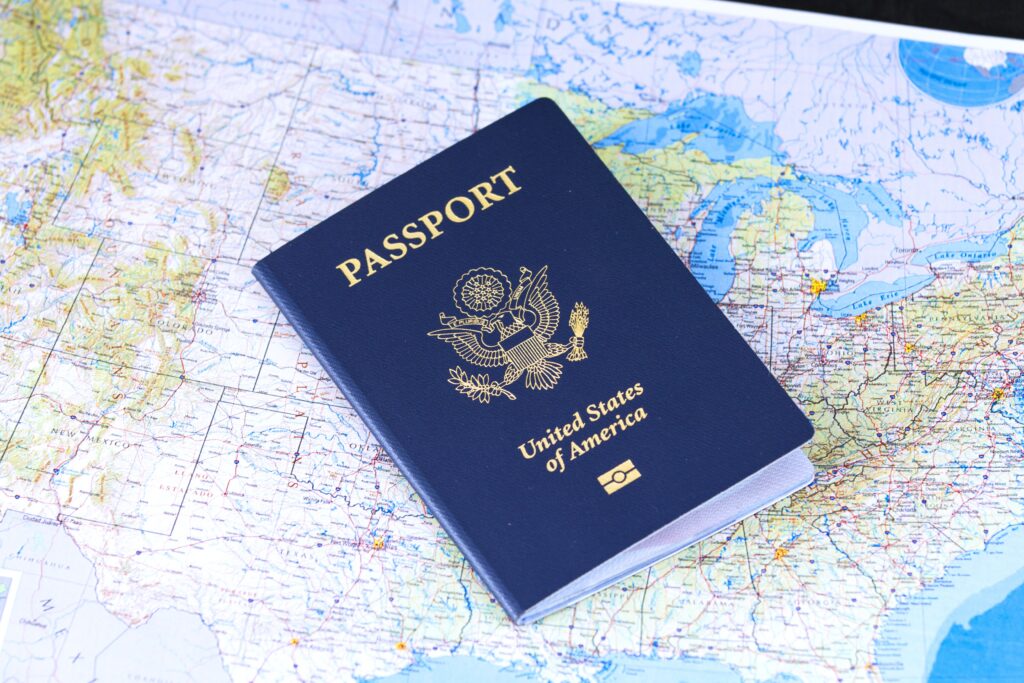1 in 10 Eligible Voters Can’t Easily Provide Proof of Citizenship, New Survey Reveals
WASHINGTON, D.C. — As congressional Republicans push a nationwide proof of citizenship bill, a new survey reveals that one in 10 voting-age citizens in the U.S. cannot easily access documents to prove their citizenship.
One of the key survey findings is that 21.3 million people can’t “readily access documentary proof of citizenship” because they either didn’t have it or couldn’t access it easily.

Also, over 3.8 million people — around 2% of voting-age citizens — don’t have any form of proof of citizenship documentation including a birth certificate, passport, naturalization certificate or a certificate of citizenship, according to the survey.
Survey conductors said, “this disproportionately affects marginalized racial and ethnic groups.”
The survey — which sampled over 2,300 respondents from September to October 2023 — shows that 3% of people of color lack any form of documentation compared to only 1% of white eligible voters. Also, 11% of people of color can’t “readily access” these documents compared to 8% of their white counterparts, the survey shows.
People don’t have access to these documents for a variety of reasons, including complicated documentation requirements, expensive fees, limited availability of ID services, confusing state policies and racial and gender discrimination, according to a 2022 report from The Movement Advancement Project.
The survey was conducted by the Center for Democracy and Civic Engagement (CDCE) at the University of Maryland, VoteRiders, Public Wise and the Brennan Center for Justice who contracted with survey firm SSRS.
Republicans are pushing for proof of citizenship laws.
Last month, U.S. House Republicans introduced a bill that would require individuals to provide proof of citizenship to register to vote in federal elections, and a committee advanced it to the House floor on May 23.
Republicans claim this bill is necessary to stop noncitizen voting.
“As we approach the 2024 elections, the American people must have absolute certainty in the integrity of our election system,” House Speaker Mike Johnson (R) said in a statement. “This bill would fortify federal elections by ensuring that only American citizens vote in American elections.”
However, noncitizen voting is already illegal, and Democrats argue that there’s no concrete evidence to back up the GOP’s claims.
“[Johnson] declared that he knows intuitively that a lot of noncitizens are voting in federal elections, but it’s not been something that is easily provable,” Rep. Joe Morelle (D-N.Y.) said at a hearing on Thursday. “It’s not provable because there’s no proof.”
In reality, the bill could stop millions of eligible voters from participating in elections, especially minority voters. However, even if this bill passes the House, it likely will not pass the Senate or get signed by President Joe Biden.
Even if the bill doesn’t get passed, this national discussion on noncitizen voting has spurred some states to try to enact their own proof of citizenship laws. In recent weeks, the Republican-controlled legislatures in Louisiana and New Hampshire have passed similar bills.